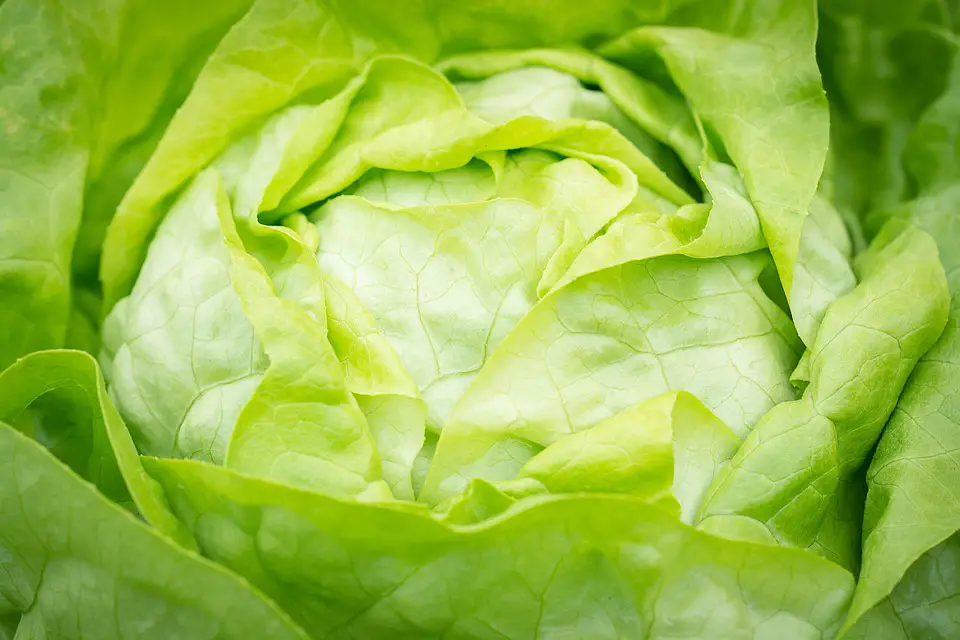Introduction
Traditional methods of gardening have been the backbone of human cultivation for centuries. However, as we move forward into an era where sustainability and efficiency are paramount, it is crucial to explore alternative methods of growing. Home hydroponics presents an exciting opportunity to revolutionize the way we grow plants, offering numerous benefits that go well beyond what traditional gardening methods can provide. In this article, we will delve into the world of home hydroponics and discuss why it is the future of growing.
What is Home Hydroponics?
Home hydroponics is a soilless method of growing plants in a controlled environment. It involves providing the necessary nutrients directly to the plant’s roots through a nutrient-rich water solution, rather than relying on soil for the plants’ sustenance. This technique allows for more precise control over the growing conditions and eliminates the need for extensive land or garden space.
Advantages of Home Hydroponics
1. Efficient use of resources: Unlike traditional gardening, home hydroponics significantly reduces water usage by recycling and reusing nutrient-rich water, which conserves this finite resource. It also eliminates the need for large quantities of soil and minimizes fertilizer wastage.
2. Year-round growing: With home hydroponics, you are not dependent on seasons or climate conditions to grow your favorite plants. By creating an optimized indoor environment, you can grow plants throughout the year. This is particularly advantageous for areas with harsh weather conditions or limited space for traditional gardening.
3. Faster plant growth: The controlled environment of home hydroponics allows plants to grow faster compared to traditional gardening. With optimal nutrient delivery, lighting, and temperature conditions, plants can focus their energy on growth rather than seeking out nutrients buried in the soil.
4. Greater space efficiency: Home hydroponic systems can be designed to fit any space, making it an ideal choice for urban dwellers or those with limited gardening space. Vertical hydroponic systems, in particular, maximize space utilization by growing plants in stacked layers, increasing the number of plants that can be grown in a given area.
5. Enhanced plant health and yield: By eliminating soil, home hydroponics reduces the risk of soil-borne diseases and pests, resulting in healthier plants. Additionally, the precise control over nutrient levels allows plants to receive the ideal balance of nutrients, promoting optimal growth and higher yields.
Challenges and Solutions
While home hydroponics offers significant advantages, there are challenges that growers may face. These include the initial setup cost, technical knowledge required, and the need for regular maintenance. However, with resources, online communities, and the increasing availability of user-friendly hydroponic systems, these challenges can be overcome with ease. Engaging in proper research, starting small, and learning from experienced hydroponic gardeners can pave the way for successful home hydroponics.
FAQs
Can I grow any type of plant using home hydroponics?
Yes, almost any type of plant can be grown using home hydroponics. However, it is vital to consider the specific needs of each plant, such as light requirements, pH levels, and nutrient preferences when setting up your hydroponic system.
How often do I need to monitor and adjust nutrient levels in a hydroponic system?
Nutrient levels should be regularly monitored and adjusted throughout the plant’s growth cycle. Factors such as the size of the plants, evaporation rates, and water uptake affect nutrient concentration. Using a simple water testing kit, you can easily measure and adjust nutrient levels accordingly.
Is home hydroponics suitable for beginners?
Absolutely! Home hydroponics can be an excellent starting point for beginners. There are various user-friendly hydroponic systems available in the market, specifically designed for beginners. Additionally, online resources, tutorials, and communities provide valuable guidance and support for aspiring hydroponic gardeners.
Do home hydroponic systems require a significant time commitment?
While some initial setup and periodic maintenance are required, home hydroponic systems do not demand excessive time commitment. The precise control over the growing environment eliminates the need for extensive weeding, and the reduced risk of pests and diseases also minimizes the time required for plant care.
Can home hydroponics save money on grocery bills?
Home hydroponics can potentially save money on grocery bills in the long run. By growing your own fresh produce, you can reduce the need to purchase expensive, out-of-season vegetables and herbs. Additionally, the higher yields and faster growth rates of plants in hydroponic systems mean you can enjoy a more abundant harvest.
Conclusion
As we continue to strive for sustainable and efficient methods of growing, home hydroponics emerges as the future of cultivation. Its resource efficiency, year-round growth potential, faster plant growth, space efficiency, and increased yields make it an attractive option for gardeners at all levels of experience. By embracing this innovative approach, we can move beyond traditional gardening limitations and unlock a more sustainable and productive future.




